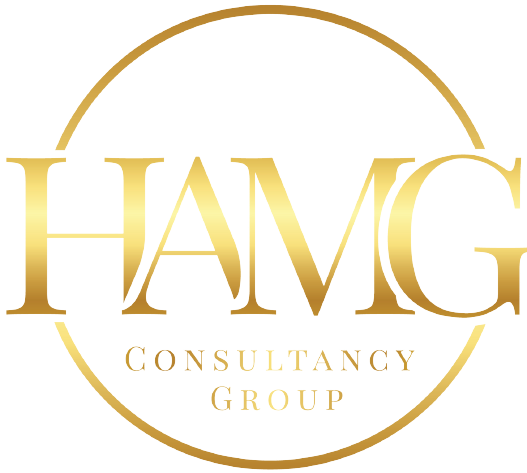Detecting and Preventing Fraud in business refers to any deceptive or dishonest activity carried out within an organization with the intention of gaining an unfair advantage, typically for personal or financial gain. Fraud can occur in various forms and at different levels within a company, including by employees, managers, or even senior executives. Fraud in business can be found in different forms, through financial statements, employee theft, Embezzlement/assets misappropriation, bribery, insider trading, etc.
Fraud poses significant threats to organizations, including financial loss, reputational damage, and legal consequences. In this short post, I will list and explain the crucial role internal audit team plays in detecting and preventing fraud within organizations. Internal audit serves as a vital line of defense by identifying weaknesses in control systems, assessing fraud risks, and implementing effective measures to mitigate those risks. Even though some
(i) Assessing Detecting and Preventing Fraud Risks:
Internal auditors are responsible for evaluating an organization’s vulnerability to fraud. They conduct comprehensive risk assessments to identify areas prone to fraudulent activities. By understanding the organization’s processes, systems, and controls, internal auditors can pinpoint potential fraud risks and focus their efforts accordingly.
(ii) Conducting Detecting and Preventing Fraud Investigations:
When suspicious activities or red flags are identified, internal auditors play a key role in investigating potential fraud. They gather evidence, conduct interviews, and collaborate with relevant stakeholders to uncover fraudulent schemes. Through their expertise in forensic accounting and fraud examination, internal auditors help in bringing fraudulent activities to light and taking appropriate remedial actions.
(iii) Enhancing Internal Controls:
Internal audit plays a critical role in strengthening an organization’s internal control systems. By identifying control weaknesses or gaps, auditors recommend and implement control enhancements that deter fraudulent activities. This includes implementing segregation of duties, enhancing approval processes, and strengthening access controls to sensitive systems.
(iv) Monitoring and Continuous Auditing:
Internal auditors utilize various techniques, including data analytics and continuous auditing, to proactively monitor transactions and detect anomalies that may indicate fraud. By leveraging technology and data analysis, auditors can identify patterns, trends, and outliers that warrant further investigation, enabling them to detect fraudulent activities in a timely manner.
(v) Promoting Fraud Awareness and Ethical Culture:
Internal auditors also play a crucial role in fostering a culture of integrity and ethical behavior within organizations. Through training programs, awareness campaigns, and policy development, they educate employees about fraud risks, ethical conduct, and the importance of reporting suspicious activities. By creating a strong ethical culture, auditors encourage employees to be vigilant and act as a first line of defense against fraud.
In today’s complex business environment, the role of internal audit in detecting and preventing fraud cannot be overstated. Internal auditors serve as the eyes and ears of organizations, identifying vulnerabilities, investigating suspicious activities, strengthening controls, and promoting a culture of integrity. Their expertise and vigilance contribute significantly to safeguarding the financial well-being and reputation of organizations, ensuring fraud prevention remains a top priority. Enhance your business’s integrity and mitigat犀利士 e fraud risks with our comprehensive internal audit services at HAMG Consultancy Group. Our expert team provides thorough assessments, identifies control gaps, and offers valuable recommendations to safeguard your organization’s assets and reputation.




